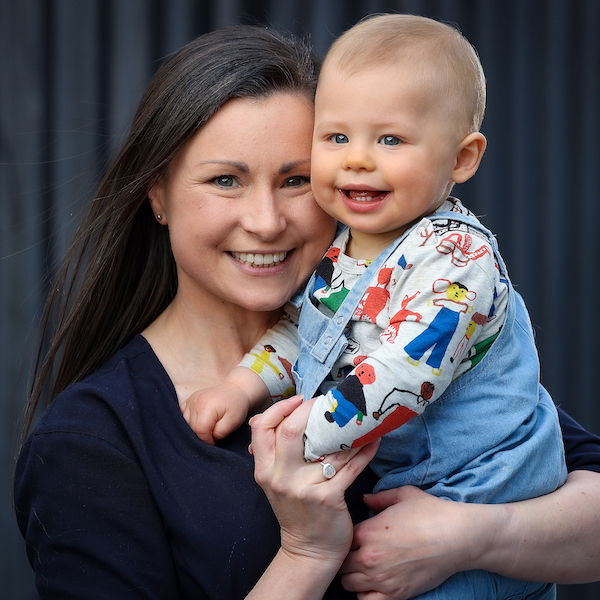There is growing evidence that creatine may be beneficial as a pregnancy supplement, and new research suggests it could have benefits in protecting the brain when a baby is starved of oxygen.
Hypoxic-ischemic encephalopathy (HIE) can happen when not enough oxygen or blood goes to the baby's brain, causing the brain to be injured, but creatine appears to help it bounce back and restore proper function.
The latest research from Hudson Institute extends previous findings, showing that creatine is not just beneficial in restoring brain function, but also in minimising damage in the first place.
Dr Nhi Tran, from the Bioenergetics in Reproduction research group, used a pre-clinical model to record the electrical activity in the brain of fetuses that had suffered oxygen starvation, some of which had received continuous creatine supplementation during late pregnancy.
"We know that that a creatine plays a role in healthy pregnancy progression and in utero development, and our latest research shows that it is also beneficial to the baby before birth, especially in compromised pregnancies," Dr Tran said.
"This study is based upon foundational evidence that creatine supplementation has a positive effect on the biochemical changes that lead to brain injury," she said. "It provides a foundation of evidence to show that creatine supplementation can suppress the cellular and physiological changes within the brain that cause brain injury."
Protecting baby's brain from inflammation and cell death
The results, published in Annals of Neurology, showed improvements in neuronal function and reductions in seizures, neuroinflammation and brain cell death among the cohort that received creatine.
"We know that creatine provides an "energy buffer" and it appears this is beneficial in protecting the brain from serious damage," said Dr Robert Galinsky, head of the Perinatal Inflammation and Neurophysiology Research Group.
"HIE can cause cerebral palsy, impaired hearing and vision, learning and behavioural difficulties later in life, so our results suggest that in pregnancies where the fetus is deprived of oxygen, creatine could be beneficial."
More research needed
Dr Stacey Ellery heads Hudson Institute's world-leading creatine research. She says its safety is well-established, and her team is actively researching how much creatine gets from the mother's system to the baby's, to optimise supplementation in pregnancy.
She believes there is great potential for the use of creatine supplementation, especially in low-middle income regions, where compromised pregnancies are both more common and less identified, and access to healthcare is limited.
Professor David Walker first established research in this area with an NHMRC grant in 2006 and he continues to drive advances in the field. He is excited to be part of the latest research, which will also look at long-term outcomes for both mother and baby.
"We know that the negative impacts of perinatal brain injury are often not expressed until later in childhood; if we can show creatine's ability to minimise such effects, it will be a wonderful outcome," Prof Walker said.







